With the very first presidential debate looming on the Horizon, many of us are eagerly anticipating a wicked slugfest of words and policy. However, do these debates really play that much of a role in the outcome of the election? Since some of the first televised presidential debates, the actual influence of these public forums has decreased drastically. The reason, according to Journalist Resource is simple, even though “reporters often look for a winner and loser, viewers experience the debate differently, making two simultaneous judgments: One, whether or not the candidate seems “big enough” to be president; and two, whether one of the candidates is a better choice.”
Thomas Holbrook, a political scientist, points out that the only debate worth much of any influence is actually the first debate. Holbrook doesn’t mean the first general election debate here but rather the first primary debates. These primary debates are the first opportunity candidates have to voice their broad message and vision for the United States. Furthermore, by the time the first general election debate, the candidates’ positions have already been cemented. Both of our current candidates have held multiple policy driven speeches and town halls since winning their respected primaries. Trump has given us everything from a bombastic immigration policy to a speech on women’s rights in the workplace, which took even hardline Republicans by surprise. Clinton has done much of the same by laying out her tax policy as well as her own immigration speech to counter Trump’s controversial message. Both candidates have given Americans a clear vision for how they see the future of this country yet we still want them to put on the boxing gloves and quarrel like what they’re introducing is “new” policy.
Even though the debates often serve little role in convincing voters, they do often provide a vehicle for citizens to gain knowledge about current events. Even with the advent of new media, people are still in the dark when it comes to some fundamental issues facing the United States today. Certainly, as I’ve pointed out, they know where their candidate stands but voters don’t know where their country stands. Often times, these debates actually serve as somewhat of an education tool. While candidate answers are hardly ever enlightening, the moderator questions often are. The moderator often prefaces many issues that Americans have never heard of, and voters are actually able to digest quite a lot in regards to current events. Once again, how a candidate answers is often inconsequential but the fact that the voter is now more educated could make a two percent difference a reality come November.
Of course, this election is like no other. In the words of Matt Stone and Trey Parker, our choice is to pick between a “giant douche” and a “turd sandwich.” We are seeing an election take form that is truly going to be one of the most divisive and hard to swallow in over fifty years. Maybe this year the debates will shine. It’s hard to see a reality where one of the candidates doesn’t become unhinged on Monday. If anything, this debate will be an entertainment spectacle. The event is being hyped as if it is the Super Bowl of politics. The debate is bound to have near 150 Million viewers, and it is possible that it could have a surprisingly strong influence on the election. We haven’t ever seen an election like this in the past and if the debates are going to make any difference it’s going to be this year.
Source(s):By Expanding the Context of Debate Effects to Post-debate Citizen Communication, This Study Moves beyond the Direct and Immediate Impact of Debate Viewing and Investigates Indirect Effects of Debate Viewing Mediated by Debate-induced Citizen Communication. “Presidential Debates and Their Effects: An Updated Research roundup – Journalist’s Resource.” Journalists Resource. N.p., 20 Sept. 2016. Web. 24 Sept. 2016. <http://journalistsresource.org/studies/politics/elections/presidential-debates-effects-research-roundup>.
More Posts for Show:
